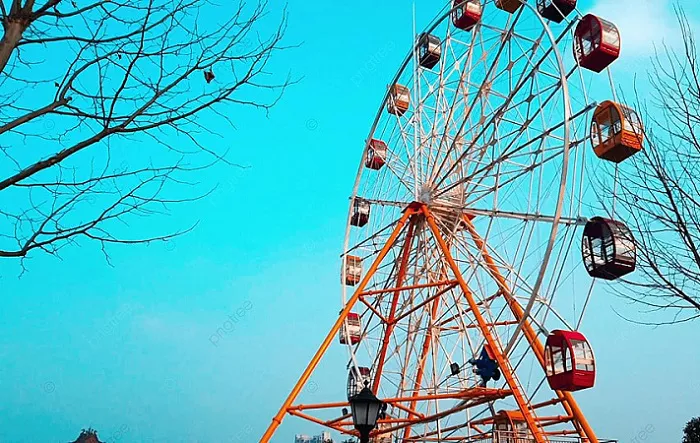As summer approaches and families consider travel plans, one enduring attraction continues to bridge generations: the literary-themed amusement park. These destinations, blending the immersive design of traditional theme parks with the charm of classic storytelling, offer visitors the chance to walk through the pages of beloved books. From fairy tale villages to meticulously crafted replicas of fictional worlds, these parks represent a global homage to the enduring power of narrative.
From Avonlea to Villa Villekula: A Literary Pilgrimage
On Prince Edward Island, Canada, Avonlea Village pays tribute to L.M. Montgomery’s Anne of Green Gables. A cornerstone of literary tourism, the site includes replicas of iconic locations from Anne Shirley’s world. Free to enter, the village is also a hub for dining and shopping, offering visitors Anne-themed souvenirs, artisan goods, and refreshments that evoke the novels—raspberry cordial and plum pudding included.
Meanwhile, in Sweden’s Småland region, Astrid Lindgren’s World draws visitors into the irreverent, free-spirited universe of Pippi Longstocking. Here, families can explore the colorful Villa Villekula, Captain Efraim Longstocking’s ship, and take part in live theatrical performances. The park also features immersive environments inspired by Lindgren’s broader canon, including Tiny Tiny Town and Troublemaker Street, offering rich engagement for diehard fans.
A Puppet’s Path and Arthurian Adventure
In Tuscany, Italy, Pinocchio Park was built around a striking bronze statue—Emilio Greco’s Pinocchio and the Fairy—and has since grown into a full-fledged sculpture park and children’s attraction. The “pathway of surprises” guides visitors through key scenes from The Adventures of Pinocchio, complemented by interactive exhibits, retro rides, zip lines, puppet shows, and art installations.
France’s Puy du Fou, one of the country’s most visited parks, transports guests into sweeping historical narratives, including a live-action retelling of King Arthur’s first quest. Founded in 1978 on the ruins of a 100-year-old estate, the park was originally designed to dramatize the Vendée civil war. Now, it features Medieval villages and open-air spectacles, though some visitors have critiqued the park for its historical liberties and perceived ideological undertones.
Regency Romps and Lost Worlds
In the quieter hills of Vermont, the Governor’s House in Hyde Park offers Jane Austen Weekends, immersive experiences catered to devoted fans of the English novelist. While there are no roller coasters or themed rides, attendees can expect period-appropriate discussions, meals, and entertainments, including tea service, book talks, and English country dancing. Weekend packages, starting at $495, are designed around specific Austen novels—past events have included “Emmapalooza”—and encourage Regency-era attire.
The Limits of Literary IP
Not all literary parks have stood the test of time. Dickens World, once located in Kent, England, closed its gates in 2016 after failing to engage younger visitors—its recreation of 19th-century poverty proving a hard sell. Yet, the idea continues to inspire. Enthusiasts and entrepreneurs alike have speculated about untapped possibilities: a theme park inspired by The Phantom Tollbooth, a labyrinthine Borgesian library, Kafka’s Castle, or fully realized versions of Middle Earth and Narnia.
However, such ambitions often stall in the face of intellectual property constraints. Many literary estates remain protective of adaptation rights, limiting the translation of beloved stories into theme park form. For now, the dream of #KafkaSummer must wait.
In the meantime, readers seeking to blend fantasy with real-world experience can still find magic in the well-trodden paths of Avonlea or the whimsical chaos of Villa Villekula—reminders that some of the best adventures begin with a good story.


